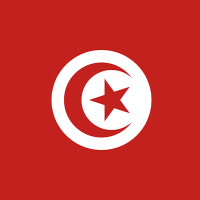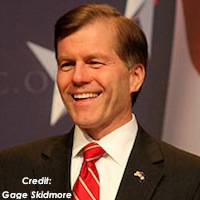 Among the Arab Spring countries, Tunisia was not only the first to get the ball rolling but has also made the most sustained progress toward a durable liberal democracy, with majority rule and minority rights.
Among the Arab Spring countries, Tunisia was not only the first to get the ball rolling but has also made the most sustained progress toward a durable liberal democracy, with majority rule and minority rights.
Nearly every other Arab Spring nation has regressed severely. For example, Egypt today marked its 3rd anniversary of the January 25 Protests that led to the fall of their dictator by celebrating and lauding … their new dictator. Neighboring Libya also still seems to be making progress, very slowly, but is pretty chaotic. Syria is mired in bitter civil war and the other countries generally suppressed their protests.
In contrast, Tunisian politicians have met their country’s bumps and protests with negotiations and compromise, again and again, thus avoiding disorder and civil war.
The leading, moderate Islamist party was amenable to compromise after last July’s Egypt coup showed them a much darker alternative, and the secular opposition parties were largely also very reasonable in negotiations. When a key opposition figure was assassinated last year, everyone managed to walk back from the brink of chaos and went back to working out their differences.
Yesterday, that resulted in parliament agreeing on a new constitution that exceeded expectations all around. A formal vote within parliament is scheduled for Sunday and it could enter force next week.
It’s still going to be a challenging road ahead but Tunisia is getting a new constitution that seems pretty well balanced and includes some really impressive provisions. Here’s a BBC analysis of the new document by Naveena Kottoor:
The majority of the members of the Tunisian constituent assembly are very keen to stress that this constitution is a consensus document, that reflects the unity as well as the diversity of the country.
Confronted with political stalemate and protests on the domestic front and the removal of Islamist President Mohammed Morsi in Egypt last year, the governing Islamist Ennahdha party agreed to a number of concessions, including the removal of references to Islamic law.
The final text states that Islam is the religion of the Tunisian state, but guarantees religious freedom.
Article 45 puts a burden on the state to protect women against violence and ensure equal representation of men and women in elected institutions, a milestone in the Arab world.
But whether this new constitution will indeed pave the way for more democracy, transparency and accountability will depend on whether the principles enshrined in the text will be respected by Tunisian politicians and be put into practice in the coming months and years.
Tunisia is setting an example for the Middle East & North Africa region that there is another course and that societies with big differences can still come together and talk it out until there’s a solution that works for everyone.



 Less than two weeks after turning over the keys to the governor’s mansion, Republican former Virginia Governor and presidential once-hopeful Bob McDonnell and his wife were indicted by a Federal grand jury on 14 felony counts.
Less than two weeks after turning over the keys to the governor’s mansion, Republican former Virginia Governor and presidential once-hopeful Bob McDonnell and his wife were indicted by a Federal grand jury on 14 felony counts.